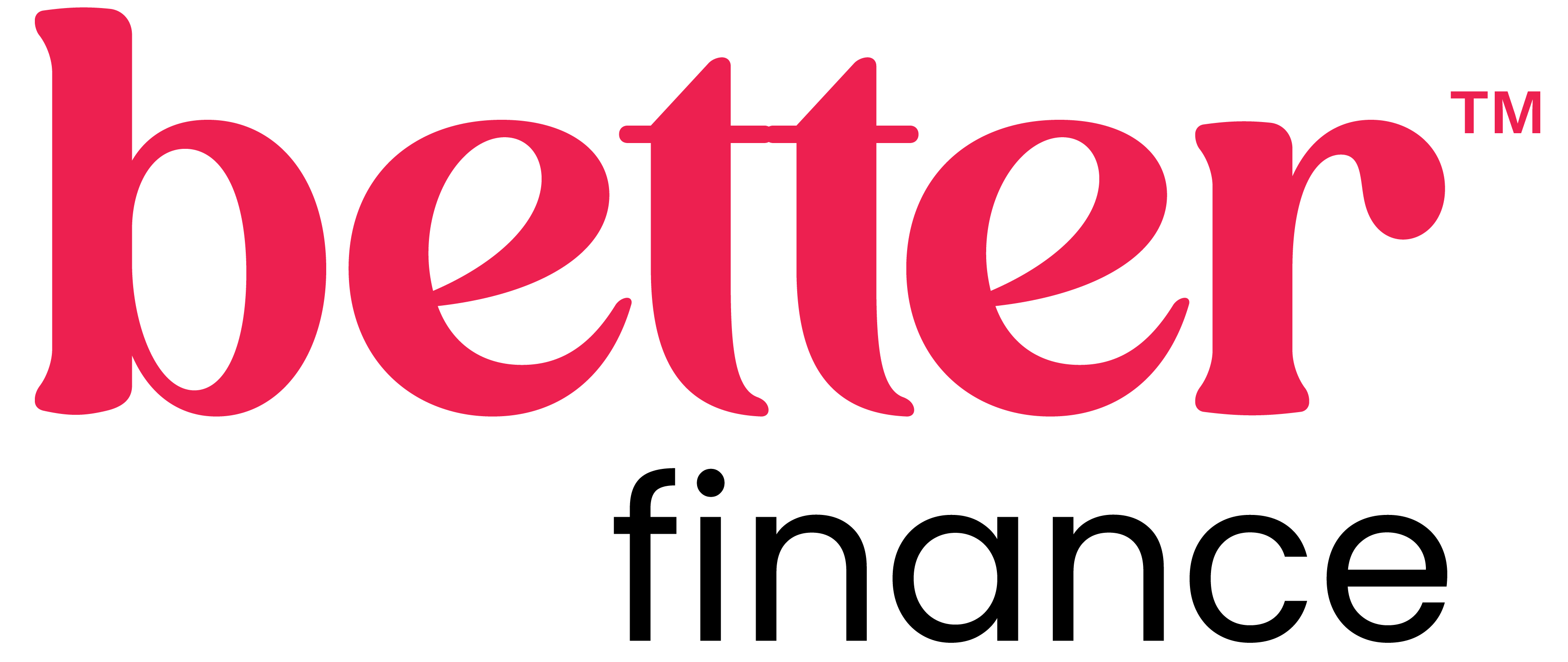
If you’re trying to get a handle on your finances, a budget could be a great tool to help propel you towards your goals.
But you might be wondering where to start.
Here are a few practical tips to help you budget effectively to help you meet your financial goals.
What is budgeting?
When we talk about budgeting in a household context, we usually mean an overview of the movements of your money: What’s coming in, what’s going out, and where the money that’s going out is - and should be - going.
Having a clear budget helps you establish how much you can afford to spend on your various outgoings and what you might have available for other goals, such as investing or paying off debt.
Your budget might just be in your head, but it is usually most effective when it’s written down. That might be on paper, in a spreadsheet, or in an app.
Getting started with budgeting
If it’s time to get your budget sorted, it’s usually a good idea to start by compiling an overview of your current situation.
You can work through this step by step.
What’s coming in?
Work out what you have coming in by looking at your actual take-home pay. What arrives in your bank account each fortnight or month? Do you have any additional sources of regular income or access to any that you could build up?
What’s going out?
Next, determine where your money is currently going. You may have some fixed expenses that won’t change, such as insurance premiums or rent or mortgage payments.
Check back through your recent bank statements to see what else your money is being spent on. Pull together a few months’ worth to give you a comprehensive picture. You might be surprised at what and how much you are spending.
From there, you can start looking at what you might want to adjust.
You probably can’t trim things such as your monthly bus pass, but you might be able to reduce the number of coffees you buy on the way to the bus stop, for example.
You might choose to cut some types of spending entirely, adjust others and reprioritise some. That could free up money for other goals, like paying down debt or setting up savings or investments.
There is a range of budgeting apps, worksheets, and online resources that you can use to track your expenses and stay organised.
Budgeting methods
There are lots of different ways to manage your money.
Here are a few ideas to get you thinking about what might work for you and your budget.
Zero-based budgeting
A zero-based budget is one where over each fortnight, month or whatever other period you choose to budget for, your income and your expenses equal out to zero.
You don’t have to spend everything you earn – you can have budgeted savings and money going to extra debt repayments – but you have every dollar accounted for.
50/30/20 rule
With the 50/30/20 rule, you have defined proportions of your income going to set types of expenses.
Usually, 50 percent goes to needs, 30 percent to wants and 20 percent to savings. Needs might be things like debt repayments and your food bill. Wants might be a new haircut. You can adjust the percentages to fit your circumstances.
Envelope method
The envelope method is – as the name suggests – the process of setting aside money for certain expenses in different envelopes. You might have an envelope for food, one for entertainment, one for paying off debt… The envelopes can be physical or could be set up as different accounts in your online banking.
Creating a budget plan
There are lots of tools that can help you put together a plan, including apps and websites.
But it is quite simple to do your own, too.
Start with your income, and then look at how much you spend (and want to spend) each week, fortnight or month on things like your home – rent or mortgage and maintenance, insurance, your groceries and other food spending, your healthcare needs, entertainment, your car or other transport and your children.
Think about whether your needs in any of these areas are likely to change in the near future and what you might need to allocate for that.
Reviewing and adjusting your budget
Once you have your budget outlined, it’s important not to “set and forget” it.
Regular review: Book recurring spots in your calendar to review your budget and how your spending is tracking against it.
Adjust your spending and savings goals: If things really aren’t working for you in the budget you’ve set out, you may need to make changes. A budget is only useful if it is serving you- an unrealistic budget that you give up on won’t help at all.
Use tools available to you: There are lots of apps and online tools available to help make the process of tracking and adjusting your budget easier.
Overcoming challenges
It’s likely that you’ll hit the odd hiccup along the way. Being prepared for this can help avoid it knocking you off track.
Identify obstacles
You could start by identifying the common obstacles that might be an issue for you. Are you likely to be someone who gets caught out by overspending? You may be able to predict what types of spending are most likely to blow out. Or is your household one that has a number of unexpected expenses?
Strategise
If you can identify the things that are likely to be issues, you’ll have a better chance of dealing with them smoothly. You might put some money aside in case of unexpected expenses or set a little bit more flex in your budget as a contingency.
Celebrate successes
Celebrating your little wins along the way can really help when it comes to staying motivated. Particularly if you’re aiming for a long-term goal, taking the time to mark when you tick off smaller milestones can make all the difference.
Five tips for successful budgeting
Prioritise your debt
Debt can be expensive, and getting rid of it can also really help your cashflow. You could prioritise paying off debt in your budget, focusing first on the highest-interest, most expensive loans.
Build an emergency fund
If you can accumulate an account with three to six months’ worth of living expenses in it, it means you’re less likely to be knocked off track by an unexpected expense or to need to go into debt to cover it.
Set realistic goals and document them
Goals give you something to aim for and can be very motivating. Keep a line item in your budget for your progress towards them. Make your goals realistic, though. Otherwise, it can be hard to keep working towards them.
Stick to your budget
The key to success with a budget is using it. Don’t be afraid to adjust it as you go along, but work with it as a living document that gets you closer to your goals.
Invite your household to contribute
If you share your financial life with others, you’ll all need to be involved in making the budget work. Share your goals and motivation with your family – your household may have great ideas you haven’t thought of.
Conclusion
Getting a budget in place is a great first step when it comes to making the most of your financial life.
If you have any questions about your loans or your options to manage your borrowing, get in touch with the team at better finance™️. We are here to help.





